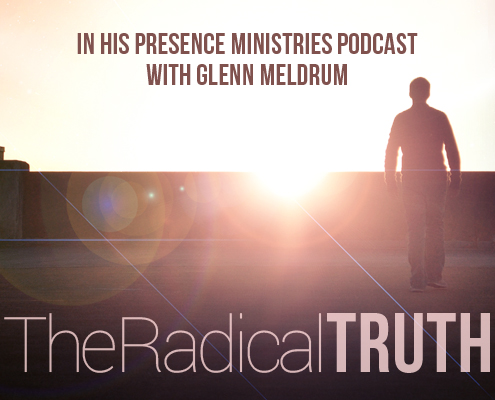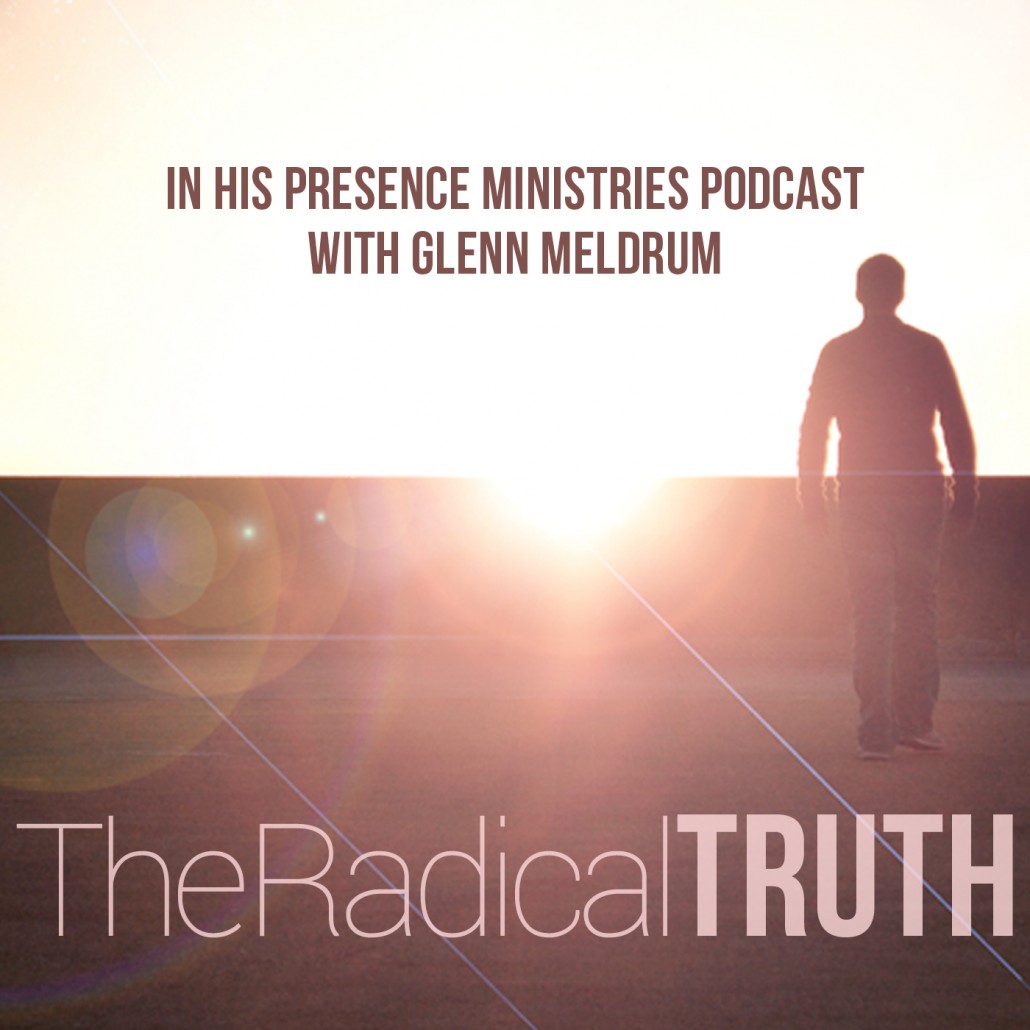Desperate for Change
One of the great truths of the Gospel is that Jesus purchased humanity with His own blood so they could walk triumphantly over the power of sin. Tragically though, there are many who never overcome habitual sin because they get stuck in a rut of apathy and hopelessness. The truth is that they […]
Desperate for Change Read More »



